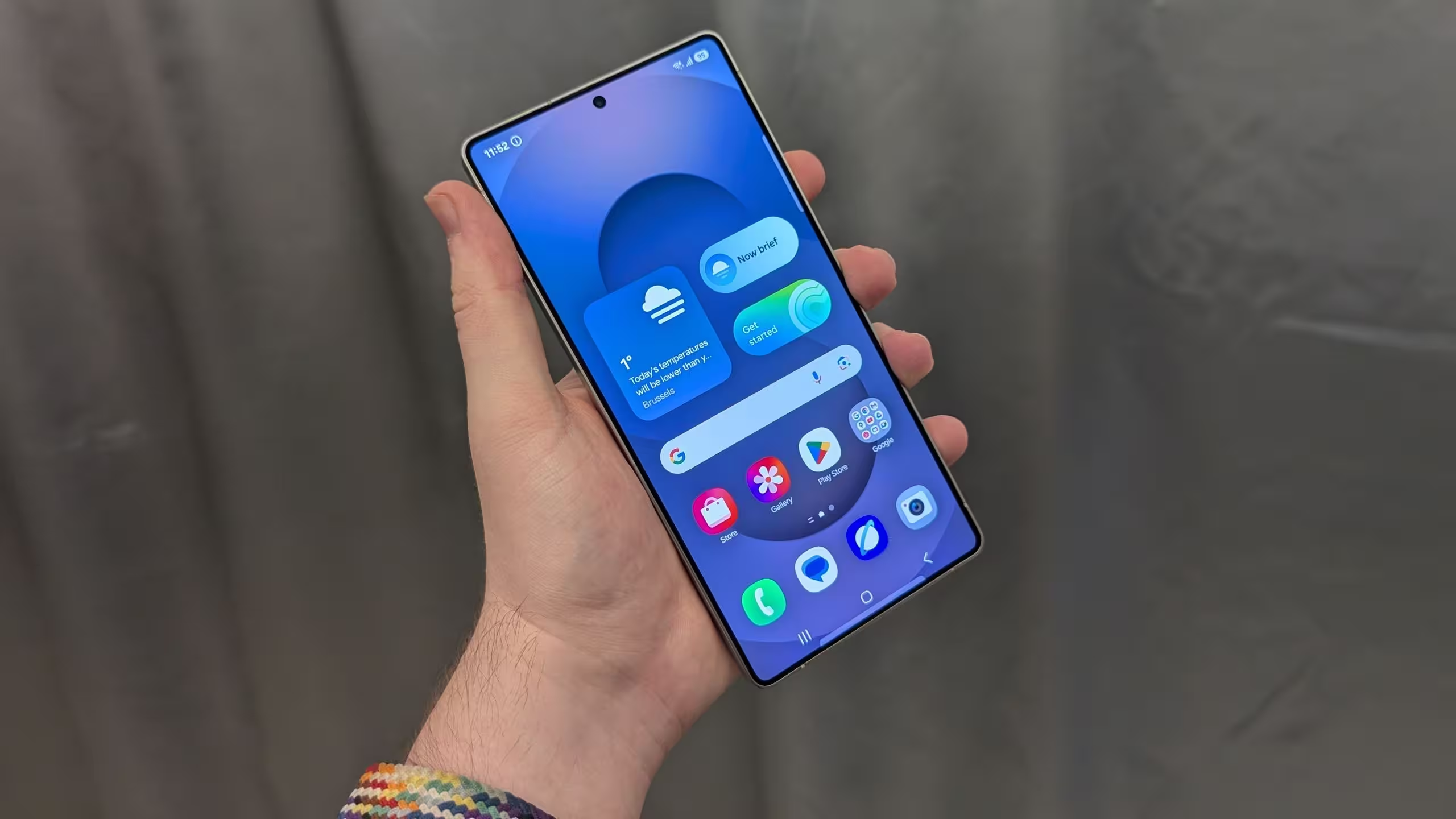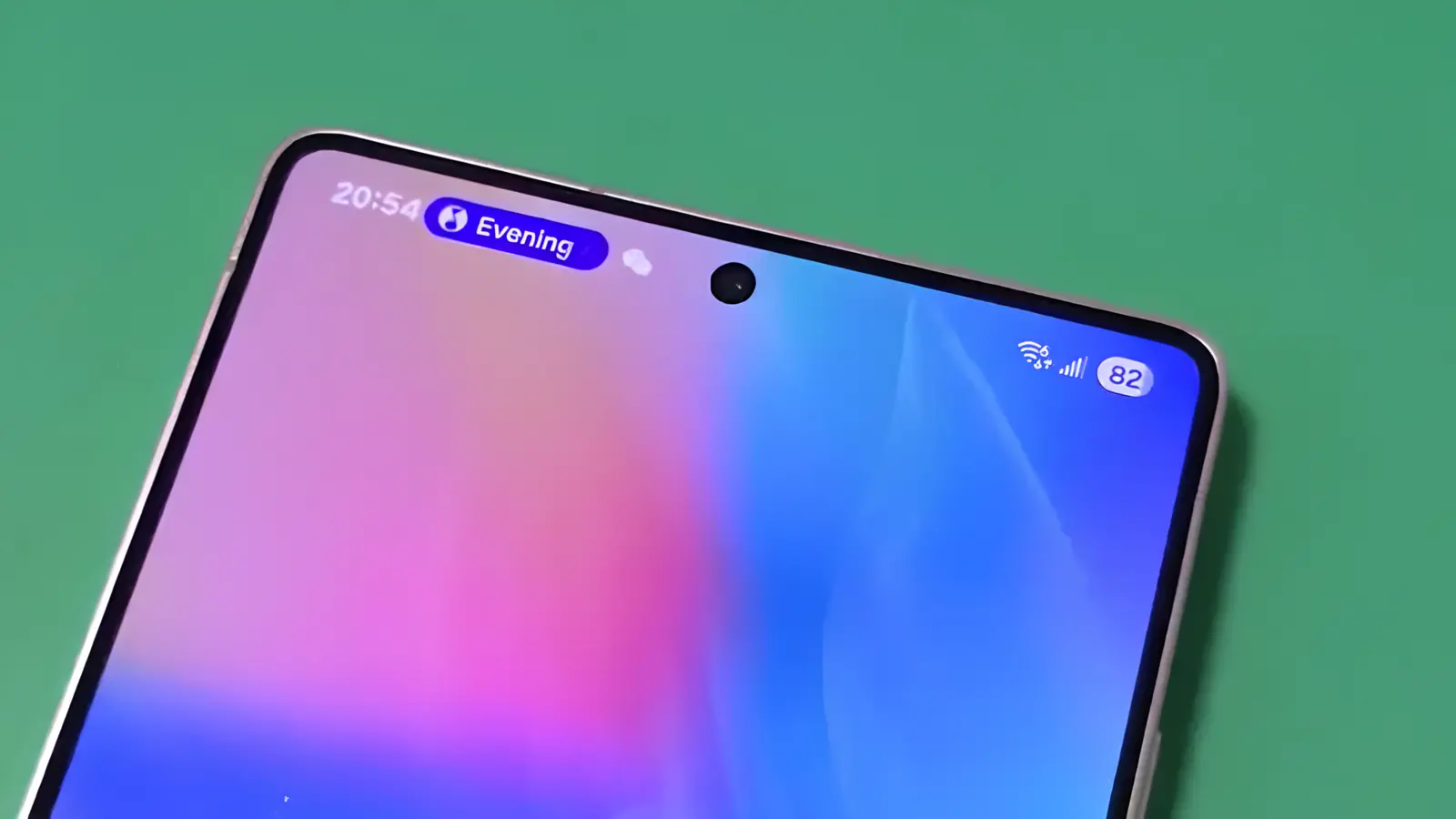4 Minutes
A fresh leak suggests Samsung could be building a game-changing face unlock system for the Galaxy S27 Ultra. Reportedly called Polar ID v1.0, the technology aims to harden Android face authentication with dedicated hardware and polarized near-infrared sensing.
What the leak reveals
The tip comes from leaker @SPYGO19726, who claims early S27 Ultra firmware references a feature named Polar ID. Rather than relying on the front camera, Samsung appears to be testing a dedicated sensor that emits near-infrared polarized light and reads polarization patterns reflected by a user s face. In other words, it would create a light-based fingerprint that is meant to be much harder to spoof with photos, videos, masks, or 3D prints.
Hardware behind the idea
According to the same leak, Polar ID would use an ISOCELL Vizion sensor paired with a new security module called BIO-Fusion Core. The goal is ambitious: unlock times around 180 ms and reliable performance in nearly any lighting condition — total darkness, bright sunlight, and even when the user is wearing sunglasses. The hardware-focused approach is a notable departure from typical Android face unlock implementations.
How this could stack up against Face ID
Apple s Face ID projects an infrared dot pattern and reconstructs depth to verify a face, and it remains one of the most robust consumer face-auth systems. Many Android phones use front-facing cameras for fast but less secure face unlock, which often isn t approved for payments or other secure actions. Polar ID, if real, would put Samsung in direct contention by combining specialized sensing and a security core designed to avoid common spoofing methods.

Why this matters for Samsung and Android
If Polar ID ships, the S27 Ultra could become one of the most reliable face authentication phones in the Android ecosystem. Strong, hardware-backed biometrics would close a notable gap with iOS devices and offer users a more seamless, secure unlocking experience across apps and payments.
Imagine unlocking your phone in a dark movie theater or bright beach sunlight without fumbling for a fingerprint sensor or typing a passcode. That s the user benefit Samsung seems to be targeting here.
Reasons to stay cautious
There are reasons to temper expectations. The source has published accurate leaks but also a few misses in the past, including an odd Exynos benchmark claim. Polar ID itself has been whispered about before for earlier Galaxy Ultra models and then faded from view. It s common for test firmware to include experimental code that never reaches production.
So while the technical details — ISOCELL Vizion, BIO-Fusion Core, near-infrared polarization, 180 ms target — are exciting on paper, they remain unconfirmed. Samsung may still refine, delay, or abandon the feature before the S27 Ultra reaches shoppers.
What to watch next
- Further firmware leaks or corroboration from multiple sources.
- Evidence of Polar ID in Samsung developer documentation or kernel code.
- Official confirmation from Samsung about new biometric hardware or security modules.
For now, Polar ID is an intriguing hint that Samsung continues to push hardware innovation around biometrics. Whether it will truly rival Apple s Face ID remains to be seen, but the very idea of a polarization-based face fingerprint highlights how companies are experimenting with fresh ways to secure devices and payments.
Source: gizmochina


Leave a Comment